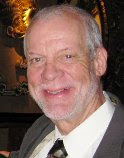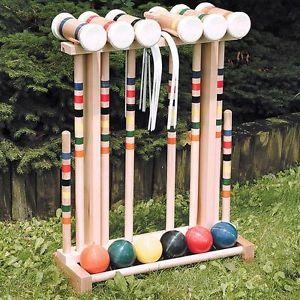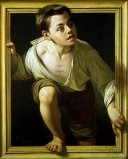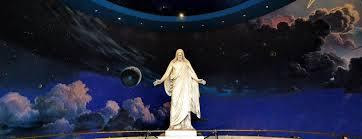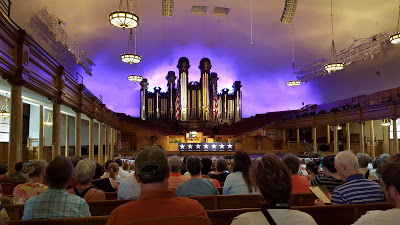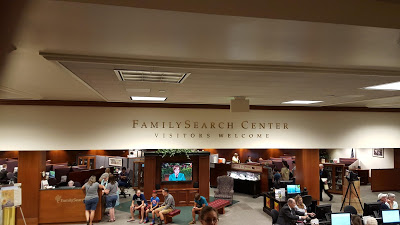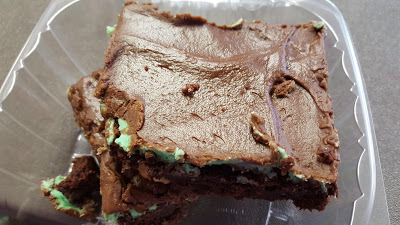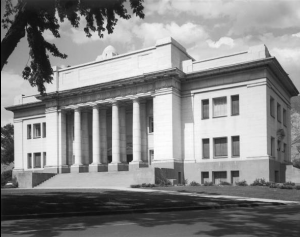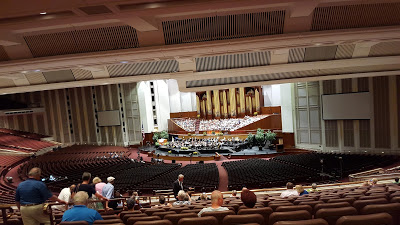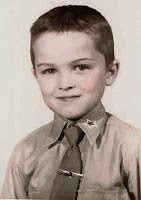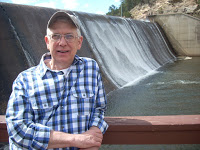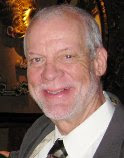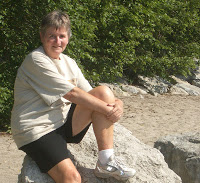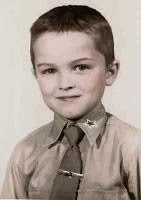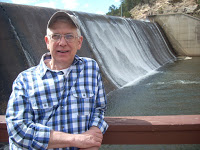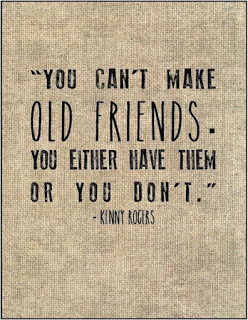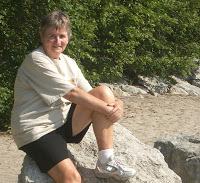I am actually ashamed to say that I have almost nothing worthwhile to say about the subject of racial diversity. I have heard the demographers’ predictions about the U.S. becoming a “majority minority” racial country within 30-40 years. The America I grew up with was so heterogeneously white that it was more common to see pastel linen sheets on the clothesline than it was to pass a person of color on the street. Hutchinson, Kansas, was bisected by two sets of railroad tracks. Anything south of the “lower” set of tracks might as well have been Mexico, as far as my family and friends were concerned.
One notable exception was the one black family that lived about two blocks away on the same street. Theirs was the old, white wood-sided farmhouse with the detached garage that was probably the oldest property on our long street. No doubt they were there before any of us white folk or else they wouldn’t have been at all welcome. Their kids were older and I never attended school with any of them. When I passed by, I usually paid them no mind, unless someone was in the yard and then I would stare to see what they looked like. Seemed nice enough. Had no horns that I could see.
When I was about 10, my parents paid the family’s teenage daughter to babysit me. Of all my babysitters, she is the only one I remember. I think I was feeling very uncertain of myself and stayed pretty much in my bedroom. I couldn’t think of a single thing to say to her other than, “Hi”.
All through primary and secondary school, I didn’t have a single friend of color. My elementary and junior high schools were all-white. The junior high was so white, I almost made the 9th grade basketball team. The first time I ever looked out at a group of kids my age and saw a black face was when I gave the invocation at a junior high school exchange assembly. Sherman Junior High was south of the color line.
I’m almost positive I was in high school before I ever passed a student of a different race in the hall. Rarely did I ever share a classroom with one. As I type this, it seems so dehumanizing to refer to human beings of a different color as “ones”, as if I were talking about aliens or primates. Yet, I never gave it a thought. That’s just the way the world was. Whites ruled and that’s the way God intended it.
Even in junior college and college, nothing happened to change my views on race. I was either a pre-med major or in engineering. Those are not majors whereby one was likely to sit next to a person of color in those days.
I was shaken by the Detroit riots in 1967, not because I thought the “niggers were getting uppity” but because somewhere, deep inside, I understood. How was it that I felt that way? Why wasn’t I outraged like most of my friends and the folks quoted in the newspapers? After all, wasn’t I a person who enjoyed the perks of “white privilege” (though white folk would never acknowledge such a thing existed)? When Martin Luther King, Jr., was assassinated the following spring, I wished the white on my skin would wash off. I saw my own race as filled with hate and spite and a sense of entitlement.
You can imagine how uncomfortable, how awkward it was for me not to know anything about what being black was like and resenting the color that I was stuck with. It was kind of like—shit, it’s just hitting me now—it was like knowing that I wasn’t attracted to the gender that I was supposed to be attracted to but instead having feelings of deep attraction for members of the gender that was “verboten”. If my friends and family knew that I was “queer”, a “homo”, a “fag”, wouldn’t they treat me as badly or even worse than if I were black?
The experience of knowing how badly people of color had been treated for centuries colored forever my perceptions of American history and the differences among the races economically, socially, and politically. My politics became almost radicalized, though the demands of school and then finding employment kept my activity to a minimum for a few years. Although I grew up in a state that was purple and is now deep red, I still cannot understand how any human being who has felt what I felt—the deep sense of rejection for what I held to be most true in the deepest recesses of my heart—could possibly vote Republican. All of those who have been victimized by prejudice by the powerful should stand shoulder-to-shoulder until such time as justice for one means justice for all.
© 13 April 2015
About the Author
I came to the beautiful state of Colorado out of my native Kansas by way of Michigan, the state where I married and I came to the beautiful state of Colorado out of my native Kansas by way of Michigan, the state where I married and had two children while working as an engineer for the Ford Motor Company. I was married to a wonderful woman for 26 happy years and suddenly realized that life was passing me by. I figured that I should make a change, as our offspring were basically on their own and I wasn’t getting any younger. Luckily, a very attractive and personable man just happened to be crossing my path at that time, so the change-over was both fortuitous and smooth. Soon after, I retired and we moved to Denver, my husband’s home town. He passed away after 13 blissful years together in October of 2012. I am left to find a new path to fulfillment. One possibility is through writing. Thank goodness, the SAGE Creative Writing Group was there to light the way.
